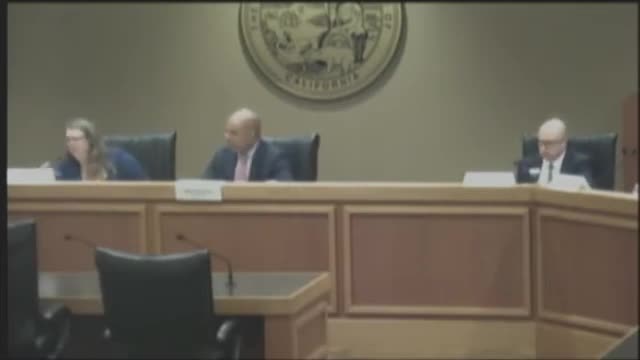Article not found
This article is no longer available. But don't worry—we've gathered other articles that discuss the same topic.
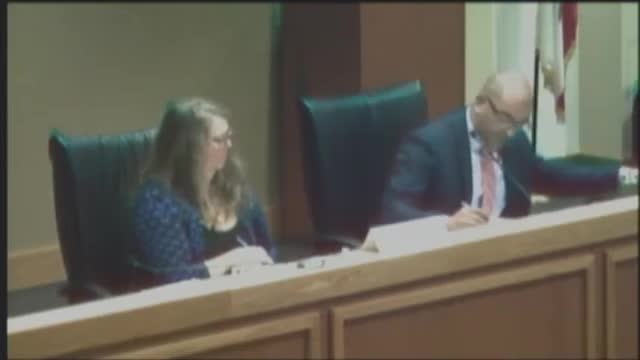
Bureau, DMV and BAR coordinating on ignition‑interlock oversight; camera and calibration issues raised
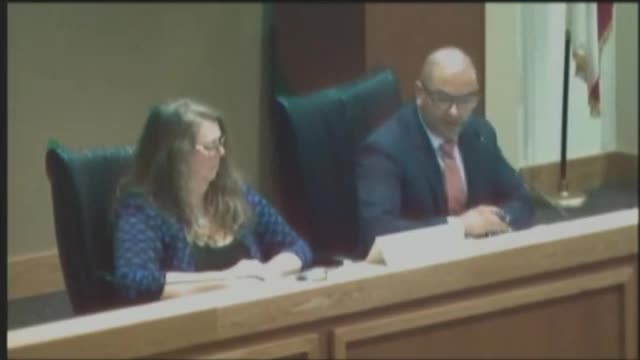
Bureau outlines household‑mover transfer, training and industry outreach ahead of July start
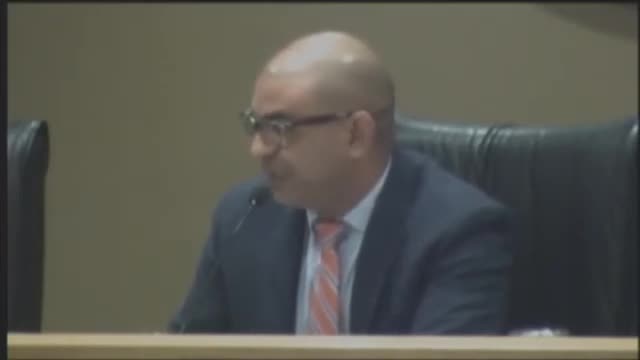
Bureau proposes TB117 alignment for seating; barrier study finds fire-barrier standard costs outweigh benefits
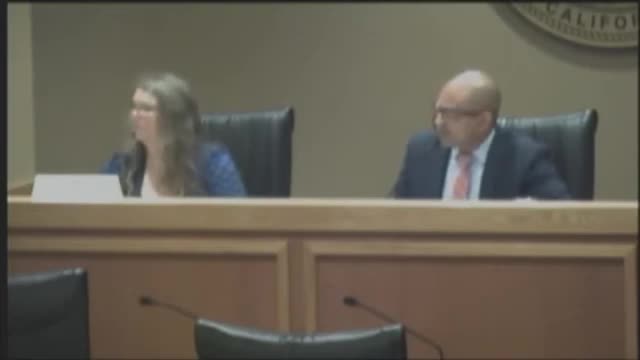
Bureau lab reports testing volumes; DTSC confirmation shows high pass rate for 'no flame retardant' claims
